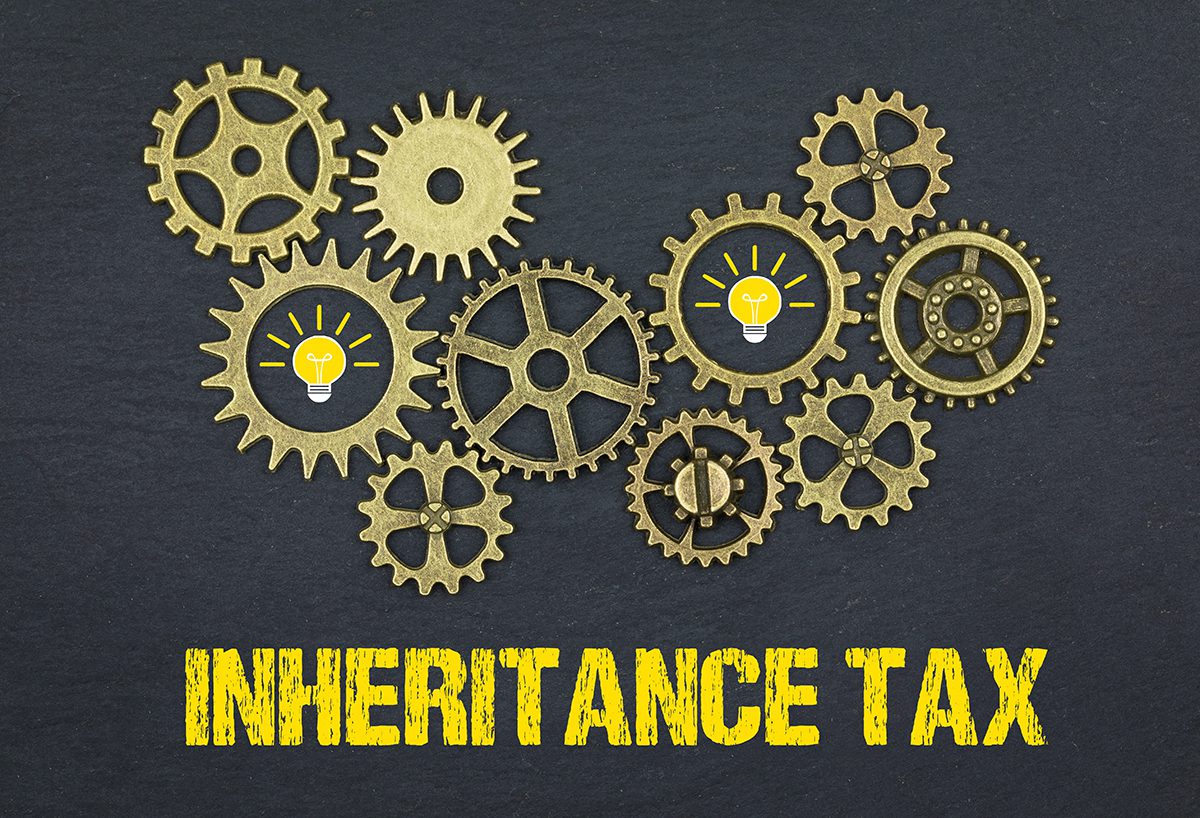
Practical strategies for IHT Planning, by estate planning expert Robert Cartmell.
Inheritance Tax (IHT) is known to most people. It is a 40% Government tax levied on assets that are held by a person who has died, i.e. held by them in their estate as at the date of death. Many estates do not attract IHT due to a number of factors. Estates that pass entirely to a surviving spouse are free of IHT duty. Estates that pass to registered UK Charities are likewise exempt. Business Assets or Agricultural Assets may attract IHT tax relief in full or in part. However, for many families, understanding their IHT position mitigation is a high priority at some stage of their lives. Robert Cartmell sets out below the main elements of what ought to be considered.
Tip 1. Assess the current IHT position
See an estate planning expert to assess your current IHT position. Ideally, a spreadsheet is created which shows all of your estimated assets, liabilities and likely future assets such as expected inheritances. This will then be used to work out your IHT tax reliefs. This will give you a guide on the level of IHT that is currently attributable under the current law. That can help you plan from there.
Tip 2. Consider a Flexible Will-Trust
As a first step, Will-Trusts are part of good common sense estate and IHT planning. Having a Will-Trust rather than a ‘basic’ Will provides all the flexibility your family needs ensure your hard-earned estate is better protected for your beneficiaries. It can better protect estate from IHT claims on the estates of the next generation (children) so that grandchildren do not inherit subject to a further IHT charge. Will-Trusts are not just for the wealthy, they apply to all persons who want to ensure their chosen beneficiaries inherit the estate in the most optimum manner.
Tip 3. Plan your Lifetime Gift making
Gifting property or money to children/family during your lifetime is very rewarding. Making a gift and living 7 years after the gift will allow the value to fall outside of your own estate for IHT (provided you do not reserve any rights to benefit from the gift). On a personal level, making lifetime gifts compared to gifts under Wills, will give you the opportunity to see the beneficiary make use of the gift. The recipients likewise inherit at an earlier stage, which can benefit them financially in (say) not having to take out larger mortgage finance responsibilities. So, make a plan of when you intend to gift assets and take advice as to structuring those gifts.
With modern systems such as video-calls, I like to offer clients the opportunity of having our Will discussions videoed and/or audio recorded to file. I recommend you do this and suggest you insist that your professional advisor does so for you. That can help with any tricky situations where your wishes are, perhaps, not the ‘usual’ approach and likewise where any issue is complex and the advice might be needed to be reviewed and refreshed in future.
‘Protecting’ your lifetime gifts is also an important factor. If you intend to gift money to a child for a property purchase or a property outright to them, consider creating a Discretionary Trust to facilitate such arrangements. There is the opportunity to protect the gift for the recipient by utilising the trust (for example, by loan advancements). This is specialist advice but it is actually a common solution for how to best protect assets for the recipient (from future divorce, insolvency etc).
Tip 4. Consider Business Relief (BR) Investments
I always recommend you review your estate planning with not only someone like myself but also your Financial Advisor. A Financial Advisor can provide specific IHT mitigation assistance including investment advice in matters such as Business Relief (BR) products. The advantages of investing in such protects are primarily a full 40% IHT relief after owning the BR assets for a period of 2 years. It can provide an attractive IHT mitigation strategy compared to making lifetime gifts. You retain the ownership of the BR portfolio and the assets are still yours. Although investments may be more volatile and fluctuating than standard investments, the 40% relief is a major factor in helping your family even if the value of the BR investment were to fall.
Tip 5. Review your Estate Planning Regularly
Laws and interpretation of them change regularly. Agree a plan of how and when you will review matters with your Estate Planning advisor (myself) and your Financial Advisor. A regular annual review is ideal in most cases and helps to identify areas not previously covered or which have changed.
If you would like help or advice from Robert Cartmell on the issues raised in this article, please get in touch. Email Robert Cartmell Consulting at info@robertcartmell.co.uk to make an enquiry or arrange a discussion.
